Physics Education: The Alternative Frameworks
₹895.00
S.V. Sharma | Category: Physics
Binding Type: Hard Binding
Book DetailsISBN: 9789384370022
YOP: 2017
Pages: 280Order also on
A lot of research studies have been conducted to investigate “How Students Learn Physics”. Numerous studies on this subject focus on what may be called ‘preconceptions’ and misconceptions’. Pre-concepts are everyday experiences, common sense theories, an array of explanations, beliefs or present status of knowledge by means of which the learners’ make their own sense of environment they observe and experience. These have also been referred as alternative frameworks. When learners hold views which differ from conventional scientific explanations or classifications they are often referred to as alternative frameworks. When physics is taught as a formal subject without referring to learners’ preconceived notions and ideas, they consider it as an imposition of authority. As a result, there is a mental conflict which probably resulted in the form of the sources of alternative frameworks. During the last thirty years, physics educators have devoted their attention to know how do the students construct their knowledge pertaining to any physical phenomena. Keeping above in view, research studies related to understanding the concepts of force, frictional force, mechanics and optics at different Levels” were undertaken. Accordingly, different groups of learners were examined by administering questionnaires followed by practical activities and personal interviews sessions. The diagnostic structured and individual interview was conducted to supplement the written test and to reveal the rationale behind giving a particular answer to a question.
1. General Introduction
2. Alternative Frames: Force
3. Alternative Frames: Frictional Force
4. Alternative Frames: Mechanics
5. Alternative Frames: Optics
6. Alternative Frames: Electrical Components
7. Constructivist Approach: Work, Energy and Power
8. Values through Physics Activities
A lot of research studies have been conducted to investigate “How Students Learn Physics”. Numerous studies on this subject focus on what may be called ‘preconceptions’ and misconceptions’. Pre-concepts are everyday experiences, common sense theories, an array of explanations, beliefs or present status of knowledge by means of which the learners’ make their own sense of environment they observe and experience. These have also been referred as alternative frameworks. When learners hold views which differ from conventional scientific explanations or classifications they are often referred to as alternative frameworks. When physics is taught as a formal subject without referring to learners’ preconceived notions and ideas, they consider it as an imposition of authority. As a result, there is a mental conflict which probably resulted in the form of the sources of alternative frameworks. During the last thirty years, physics educators have devoted their attention to know how do the students construct their knowledge pertaining to any physical phenomena. Keeping above in view, research studies related to understanding the concepts of force, frictional force, mechanics and optics at different Levels” were undertaken. Accordingly, different groups of learners were examined by administering questionnaires followed by practical activities and personal interviews sessions. The diagnostic structured and individual interview was conducted to supplement the written test and to reveal the rationale behind giving a particular answer to a question.
1. General Introduction
2. Alternative Frames: Force
3. Alternative Frames: Frictional Force
4. Alternative Frames: Mechanics
5. Alternative Frames: Optics
6. Alternative Frames: Electrical Components
7. Constructivist Approach: Work, Energy and Power
8. Values through Physics Activities
| Weight | 0.595 kg |
|---|---|
| Dimensions | 24 × 16.3 × 1.9 cm |
| yop |
2017 |
| subject-category |
Physics |
| isbn |
9789384370022 |
Related products
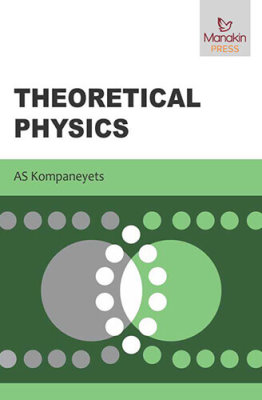

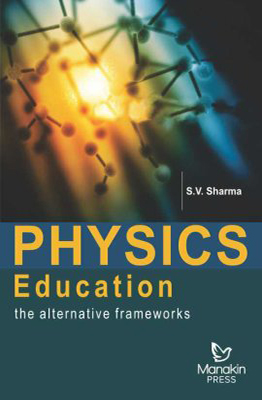


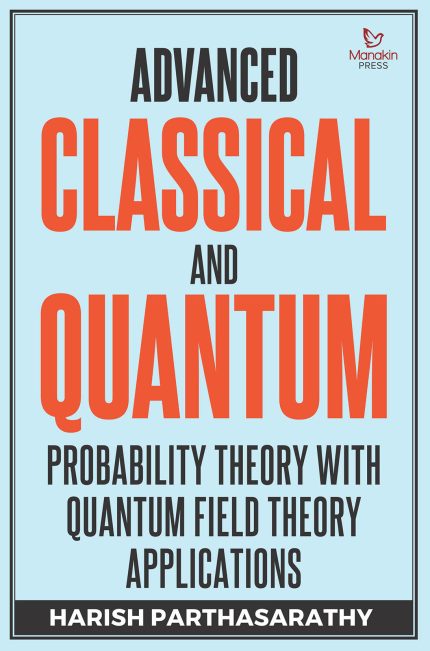
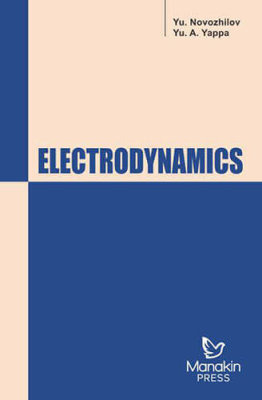
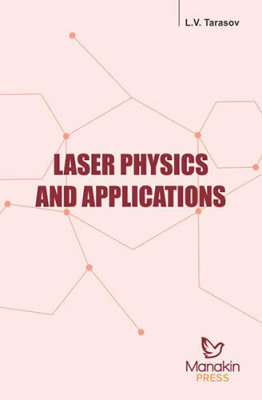

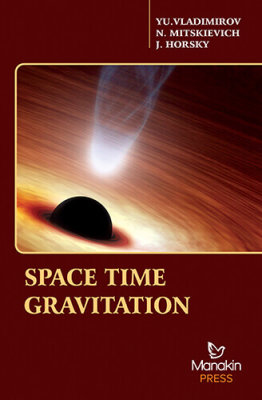
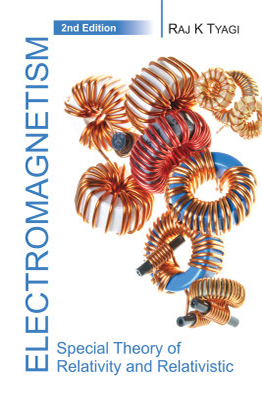
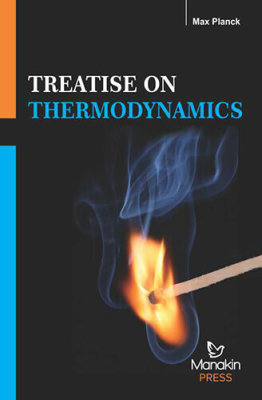
Reviews
There are no reviews yet.